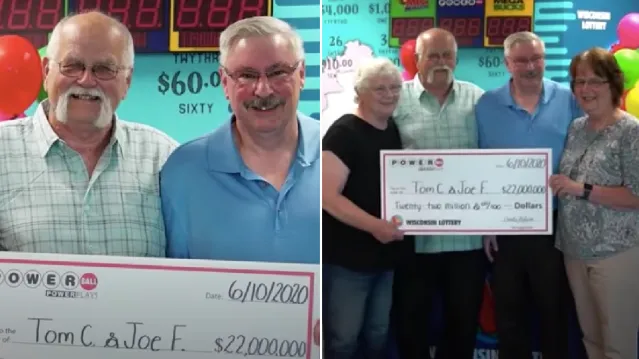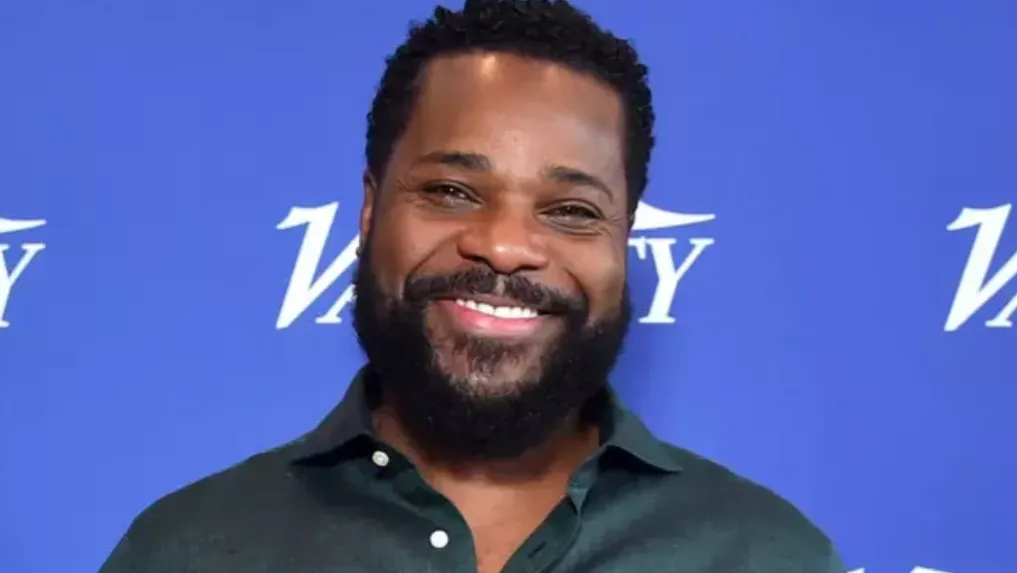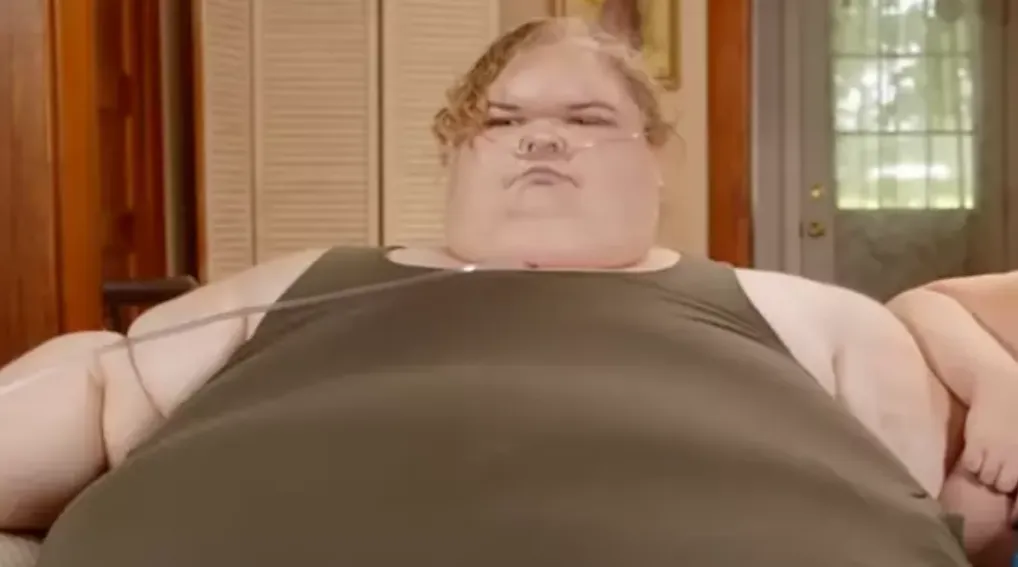He wasn’t supposed to go in the water. What this Coast Guard swimmer did instead saved lives
KERRVILLE, Texas — On his very first mission, a young Coast Guard rescue swimmer became a symbol of bravery and compassion during the catastrophic Fourth of July flooding in Central Texas.
Scott Ruskan, a rescue swimmer with the U.S. Coast Guard, helped save 165 children and staff from rapidly rising floodwaters that surrounded Camp Mystic, a century-old girls' summer camp on the banks of the Guadalupe River. The mission was part of a massive emergency response effort that has seen more than 850 high-water rescues across the Texas Hill Country.
COMPLETE COVERAGE: For more on the deadly Texas floods.

The Department of Homeland Security called Ruskan an “American hero,” but in an interview with CNN, he downplayed the title.
“I’m just a guy… anyone can do this if they raise their right hand,” Ruskan said in an interview with CNN.
Called into the storm
Ruskan told CNN that on the morning of July 4, his crew was launched from Coast Guard Air Station Corpus Christi following an urgent request from Task Force One, a Texas-based search and rescue unit.
“We were flying through the same storm that was causing all the flooding,” he said. “Some of the worst weather I’ve ever flown through.”
It took four separate flight attempts before they could reach Kerrville, finally breaking through with the help of the Air National Guard.
Camp Mystic: A desperate rescue
The crew’s mission was clear: reach Camp Mystic, where around 200 campers were trapped. Ruskan said bridges and roads had been washed out, and boat rescues weren’t possible.
Once on the ground, the crew made a bold decision — leave Ruskan behind so the aircraft could carry more children to safety. As helicopters came and went, Ruskan became the only triage coordinator on-site.
“There was no communication for about three hours,” he said. “My job was just to comfort the kids and keep them calm until help could get to them.”
Many campers had no shoes, and counselors were seen carrying children barefoot over rocks to helicopters. Ruskan said one counselor told him they were “throwing kids out the door” to get them away from the floodwaters.
“They were so brave and tough,” Ruskan said. “It made me a better rescuer.”

Rising toll and ongoing danger
The flooding has left at least 102 people dead, including 27 from Camp Mystic, according to Kerr County Sheriff Larry Leitha. Eleven remain missing, including 10 girls and one counselor.
“Texans always come together in tragedy,” said Sen. Ted Cruz, who praised Ruskan and others. “Stories of heroism include Eagle Scouts saving others and a counselor holding up two mattresses with campers on top.”
Gov. Greg Abbott has warned that the danger isn’t over. With more rain in the forecast and the ground already saturated, the threat of additional flash flooding remains high through Tuesday.
‘I’m just a dude’
Though hailed as a national hero, Ruskan told CNN that what matters most is the example set by everyone — from military responders to civilian survivors.
“Anyone can do this,” he said. “You just have to be willing to help.”
Dad with deadly brain cancer that kills in a year is cancer free after taking new drug
A breakthrough drug is fighting brain cancer head-on.
Glioblastoma is widely considered the deadliest form of brain cancer, killing over 10,000 Americans each year. There is no cure for the highly aggressive disease — many patients survive just nine months after diagnosis.

Ben Trotman was diagnosed with glioblastoma in October 2022 at 40.
Treatment focuses on managing symptoms and extending life via surgery to remove as much of the tumor as possible and radiation therapy and chemotherapy to destroy cancer cells.
Now, researchers from University College London Hospitals are recruiting glioblastoma patients for a trial of the immunotherapy drug ipilimumab. Sold under the brand name Yervoy, the monoclonal antibody stimulates the immune system to recognize and attack cancer cells.
Oncologists are optimistic since a UK father shows no signs of having a tumor after he took ipilimumab before his glioblastoma treatment.
Ben Trotman was diagnosed with glioblastoma in October 2022 at 40.
“The crucial element of this trial is that patients will have their immune system boosted by the drug before they have any other treatment, when they are fit and well enough to tolerate the immunotherapy,” said Dr. Paul Mulholland, the consultant medical oncologist leading the trial.
“We saw with Ben, the one patient recruited to the immunotherapy study, NeAT-GLIO, that he has had clear scans since having the treatment and the tumor hasn’t returned more than two and a half years later.”

Glioblastoma is widely considered the deadliest form of brain cancer, killing over 10,000 Americans each year.
Trotman met with Mulholland, who enrolled him in a clinical trial for ipilimumab. He was the first patient in the world — and the only person in the trial — to take the drug before glioblastoma treatment.
“Getting this diagnosis was the most traumatic experience,” said Trotman’s wife, Emily.
“We were grappling with the fact that Ben had gone from being apparently perfectly healthy to having months to live.”
After taking the drug, Ben underwent radiotherapy and chemotherapy.
Two years and eight months later, his scans are clear.
“It is very unusual to have a clear scan with glioblastoma, especially when he didn’t have the follow-up surgery that had been planned to remove all of the tumor that was initially visible on scans,” Mulholland said.

Ben and Emily Trotman wed in 2023, after he began his immunotherapy treatment.
“We hope that the immunotherapy and follow-up treatment Ben has had will hold his tumor at bay,” he added, “and it has so far, which we are delighted to see.”
In January 2023, months after his diagnosis, Ben married Emily. The couple welcomed a daughter, Mabel, earlier this year.
They enjoy taking her for walks along with their rescue dog, Jerry.
“We are trying to live as normal a life as possible,” Emily said.
“We are in a unique position of which there is no precedent and which comes with a great deal of uncertainty,” she continued. “We want to live each day as if it were our last, but we also want to plan for the future, which we hope to have.”
Researchers plan to recruit 16 glioblastoma patients like Ben over 18 months.
After taking ipilimumab, the trial participants will undergo radiotherapy and chemotherapy and perhaps surgery depending on the extent of their disease.

Dr. Paul Mulholland and Dame Siobhain McDonagh, who raised funds for the new clinical trial of ipilimumab.
The trial is being funded by Dame Siobhain McDonagh, a member of the British Parliament, whose sister died of glioblastoma in 2023.
“My beloved sister Margaret was appalled to discover that there had been no advances in brain cancer treatment for decades when she was diagnosed with glioblastoma,” McDonagh said. “Changing this was Margaret’s final campaign and one that I have continued in her memory.”
Treatment will take place at the NIHR UCLH’s Clinical Research Facility at the National Hospital for Neurology and Neurosurgery.
“I am delighted that this new trial, with the same immunotherapy drug I received, is going ahead and others will have the opportunity to take part,” Ben said. “It will give people newly diagnosed with glioblastoma some hope.”




